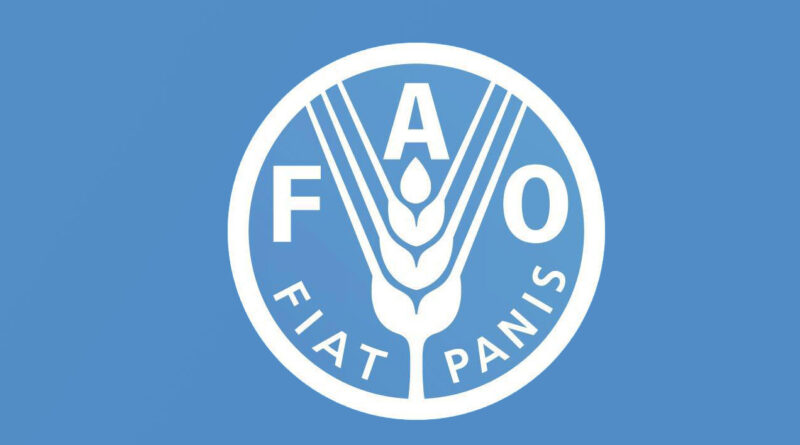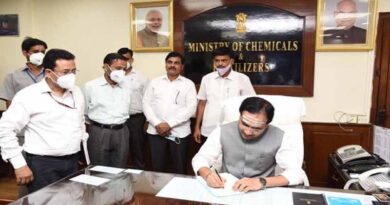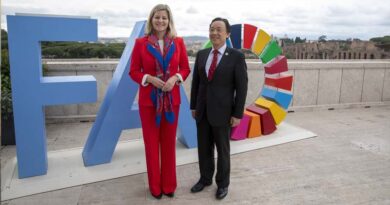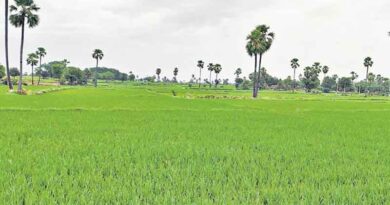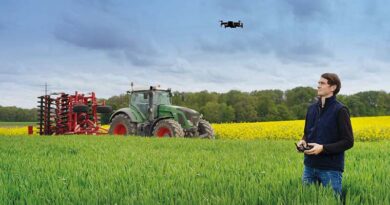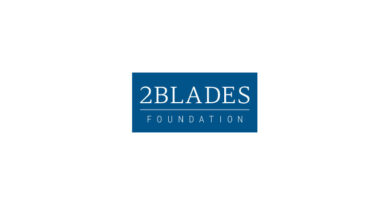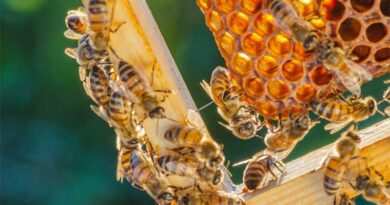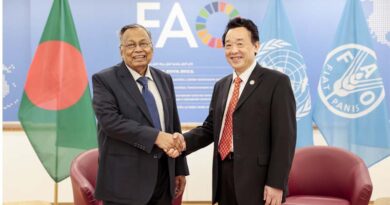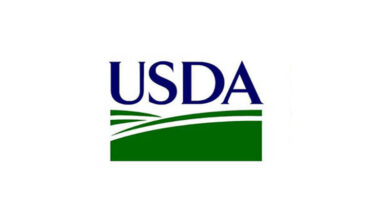FAO and the Netherlands renew partnership to strengthen sustainable water management in Yemen
08 July 2021, Netherlands: Sana’a: The Food and Agriculture Organization (FAO) and the Kingdom of Netherlands today signed an agreement that will kickstart the second phase of a project aimed at strengthening water use efficiency in Sana’a basin by helping national authorities, farmers and local communities to make better use of available water resources.
The contribution from the Netherlands builds on the gains of the first phase of the project that introduced better governance and water management practices by mobilizing farmers into Water User Associations (WUAs) and providing them with training in improved farming technologies and production systems. The second phase of the project will reinforce the knowledge of local communities and the capacities of the WUAs in water resource investments to ensure sustainable water availability in the Yemeni capital of Sana’a.
Also Read: Country Leaders Roundtable in preparation for the UN Food System Summit 2021
Aggravated by six years of conflict and its destructive effects on water infrastructure, Yemen’s limited and poorly managed water resources have resulted in chronic water scarcity. With over 70 percent of Yemenis living in rural areas and relying on agriculture as their main source of income and livelihood, this water scarcity has hindered the production and availability of food and affected the livelihoods of agriculture-dependent families in a country where more than half the population requires food assistance.
According to H.E. Mr Peter-Derrek Hof, Ambassador of the Kingdom of the Netherlands, food and water security are the key ingredients for achieving a sustainable peace in Yemen., “besides the health relevance of safe water, water is also the prerequisite for economic development translated into employment and food security”. Mr Hof commented that the second phase of the programme with the FAO in the Sana’a Basin will contribute to safeguarding water resources from the deep aquifers of Sana’a Basin for domestic use and drinking for the fast growing population of Sana’a City and renewable groundwater for agriculture. “The project is also actively working to empower women in solving water conflicts. The active participation of women and youth in decision making and implementation is crucial to achieve sustainable results in overcoming the current water crisis in Yemen. Women will be empowered with increased knowledge and understanding of sustainable agricultural systems, value chains and management and leadership skills and entrepreneurship” , he added.
“In addition to strengthening the capacity of WUAs and national institutions to assess and monitor water resources, the second phase of the project will foster a more gender-sensitive governance of WUAs and enhance agricultural productivity through the introduction of climate-smart agricultural practices while promoting community cohesion and strengthening the capacity of local communities to resolve water-based conflicts’’, commented Mr. Hussein Gadain, FAO Representative in Yemen.
Through programmes such as the Sana’a Basin Project, FAO and the Netherlands are engaging local communities in the change towards improved water resource management and sustainable, climate-smart production systems. This will positively impact the restoration of the country’s overall agriculture infrastructure, creating livelihood opportunities and increasing food production, as Yemenis continue to face the devastating effects of a conflict-induced crisis that has left over half of its population in need of humanitarian assistance.

